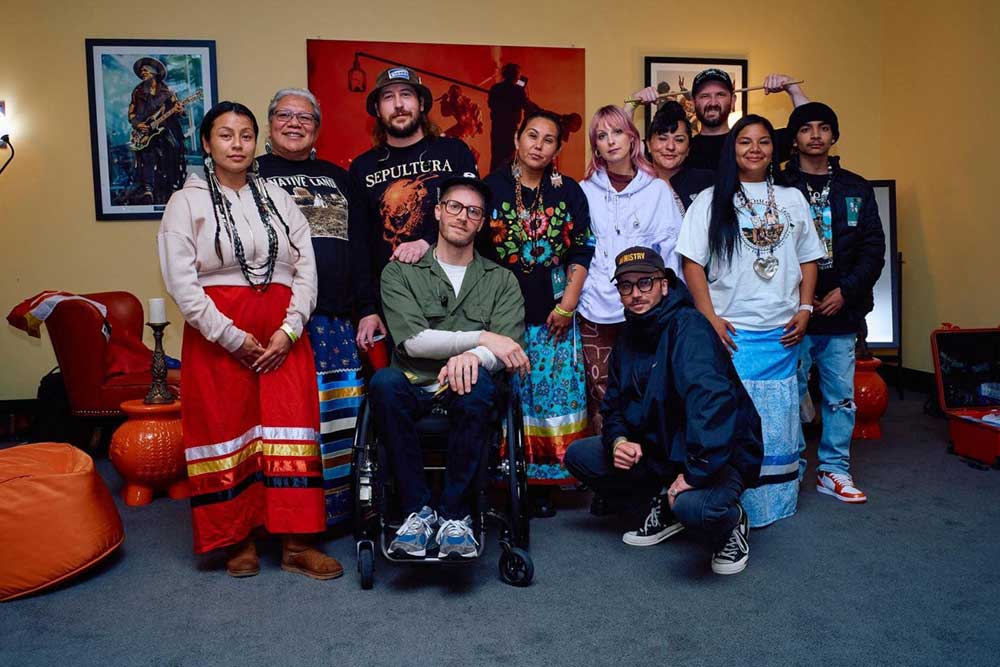Respecting Native American Culture Is Not Difficult Part - 1
Respecting Native American Culture Is Not Difficult Part - 1 May 2024
Thankfully, the 21st century has seen a growing awareness of the wrongs done to the Native American tribes over the preceding centuries. The values, traditions and culture of the original inhabitants of North America are not outdated and irrelevant to the modern world. The tribes lived and flourished here for thousands of years before the arrival of the settlers from Europe. They did this in harmony with the world around them and gave back to nature to balance what they took from it. In a world that is today filled with conflict and insecurity and which is facing an existential climate crisis, the values of the Native American tribes can have a positive influence on changing the world for the better. This does not mean adopting the tribal way of life or giving up on other traditions, beliefs and values. It means respecting Native American culture and learning from it so that its positive influences may help improve our lives.

This is something that an increasing number of people in this country now understand. However, everyone appears to have their ideas as to what “respect” is. Creating a “How To” guide for understanding, respecting and interacting with Native American culture is now possible. There are far too many tribes and divergences. However, understanding how respect can be shown to Native American culture is not difficult. All it takes is good manners, a willingness to reject prejudiced cultural tropes and having an open mind. People need to find their path for interacting with and showing respect for Native American culture. There are, however, a few general guidelines that can help in making a good start.
Signs of Respect
Over the years, many phrases have been assimilated into the language we speak. Quite a number of them are disparaging of tribal culture. Sayings like “too many chiefs, not enough Indians”, “lowest person on the totem pole”, and “circle the wagons” and others diminish tribal culture. They may seem innocuous to most people but for those of Native American descent, they can be hurtful and disrespectful.
The Muwekma Ohlone Tribe of the SF Bay Area is making efforts to publicize its history, culture and contribution to the growth of the nation though publications and museum exhibitions. The resilience of the Muwekma Ohlone community is why the tribe exists today and is something others can learn from. It is why there is growing respect, honor, and solidarity with the Muwekma Ohlone community. What this one tribe is doing is part of a tapestry of Native American tribal cultural revival – a revival deserving of respect.
See:
Reclamation: Resilience of the Muwekma Ohlone Tribe and Reclamation: Aboriginal Ancestral Homeland of the Muwekma Ohlone Tribe at the de Saisset Museum, Santa Clara University. https://www.scu.edu/desaisset/exhibitions/reclamation/
The second part of this blog will continue with signs of respect.
Read:
Indian Givers: How the Indians of the Americas Transformed the World by anthropologist Jack Weatherford.
Native Roots: How the Indians Enriched America by anthropologist Jack Weatherford.